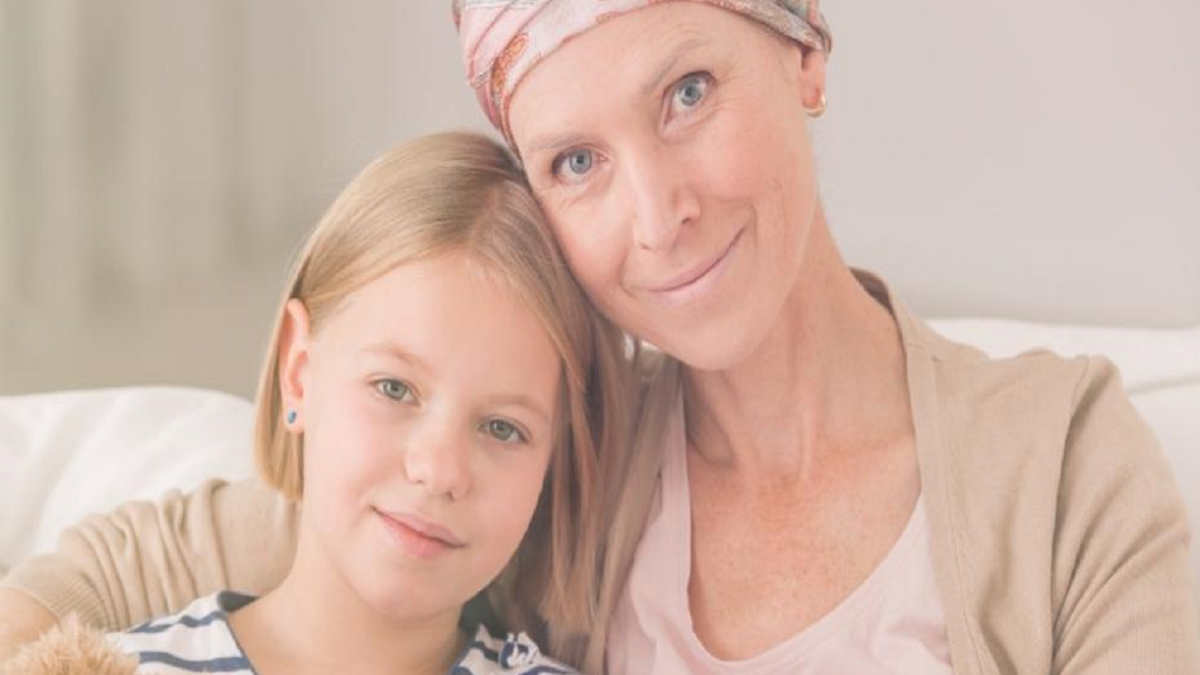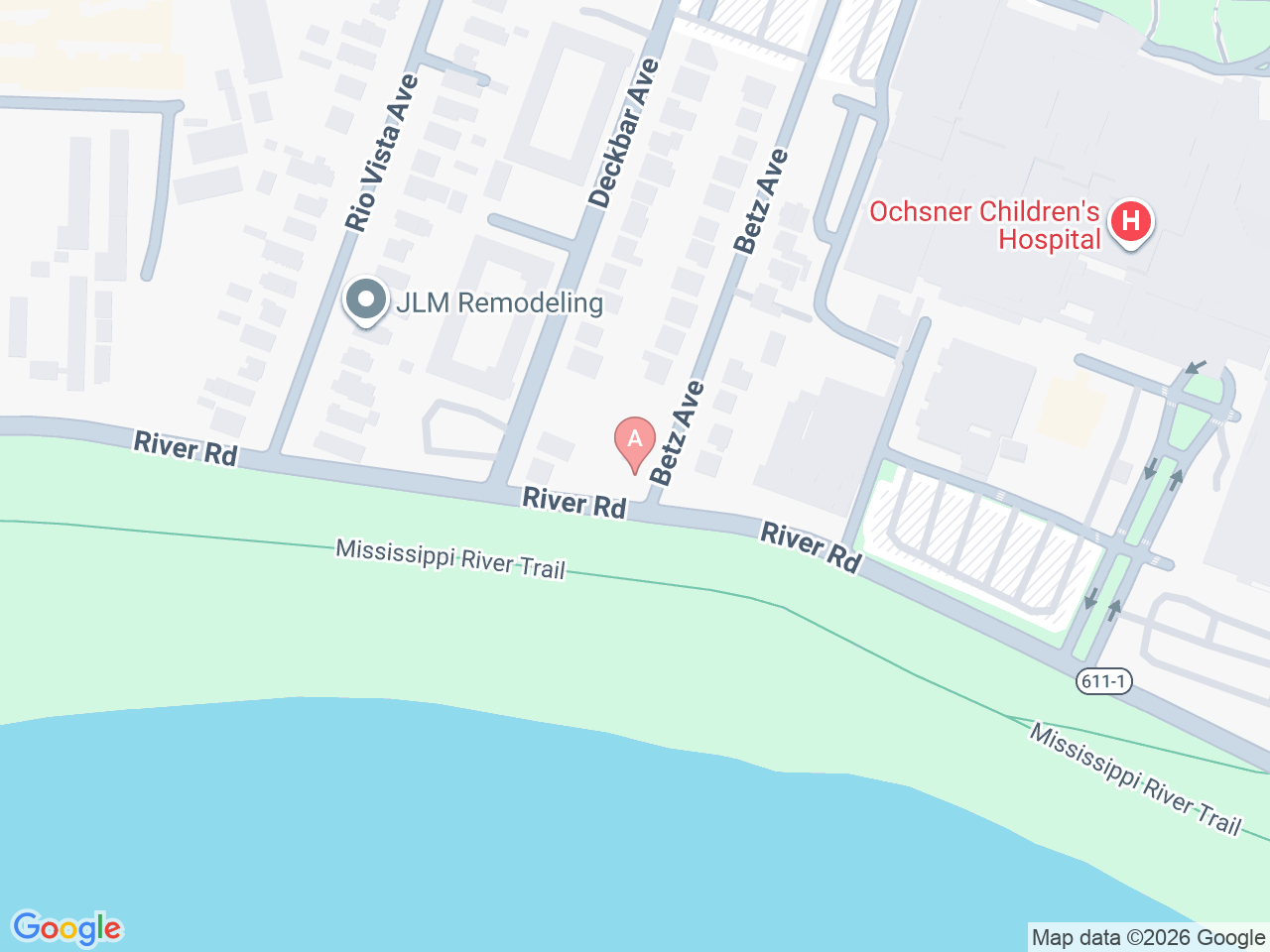Why choose Ochsner Health for your eye cancer care?
The Ochsner Health cancer program provides outstanding oncology care to patients with primary intraocular cancer and secondary intraocular cancer across the Gulf South. Our collaborative, multidisciplinary team puts your needs at the center of all we do.
Ochsner eye cancer experts develop a customized treatment plan based on your type of eye cancer and unique medical history and needs. We provide second opinions and partner with outside oncologists and treatment facilities to ensure continuity of care. Our team also coordinates treatments, such as chemotherapy, close to your home.
We match you with a nurse navigator who can help guide you in your journey and connect you with the support services you need along the way.












